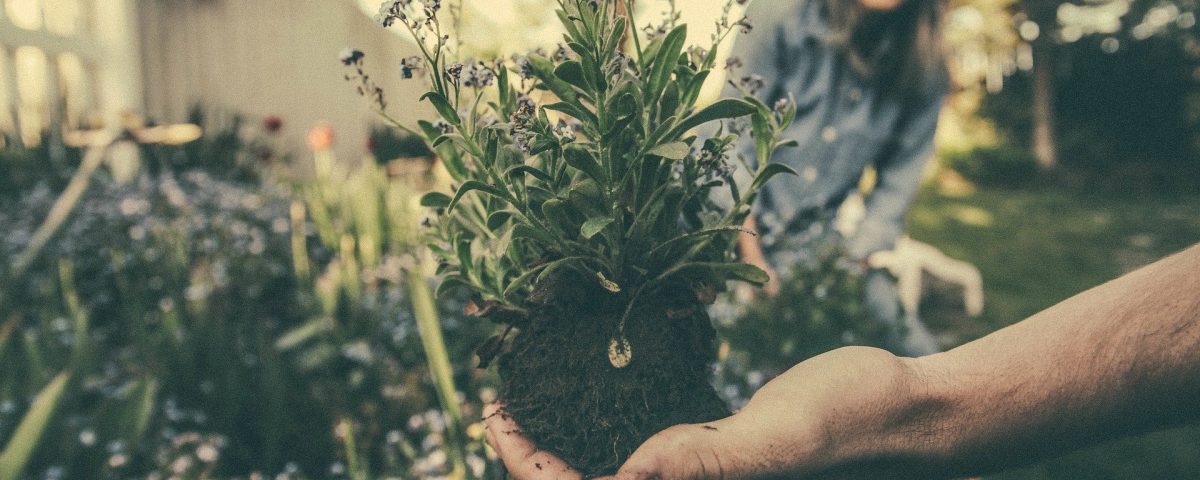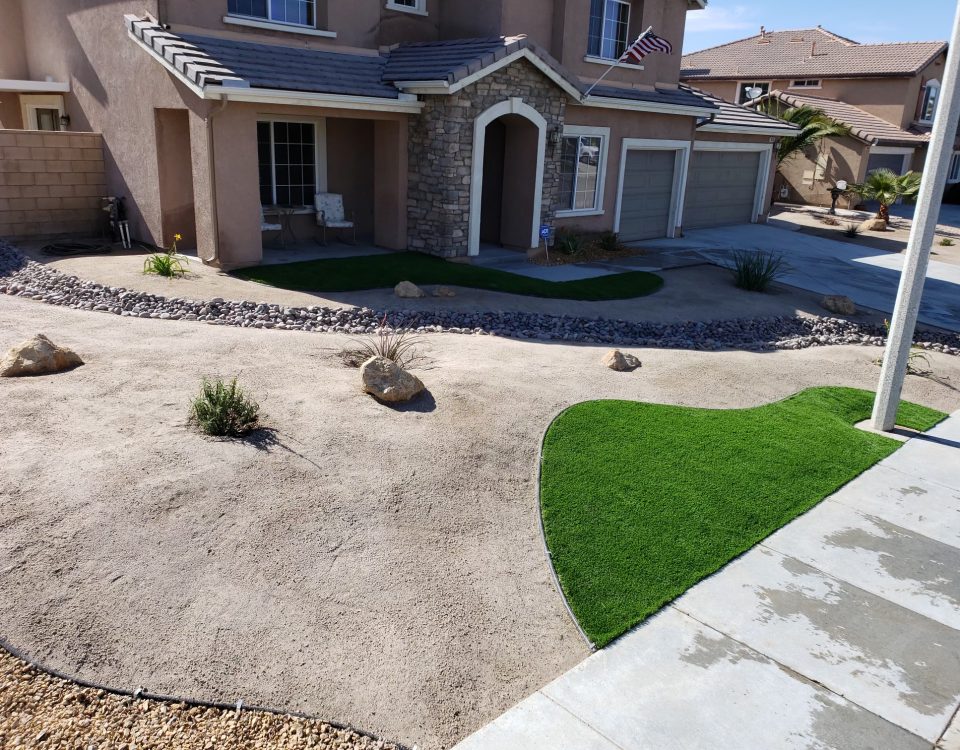- Environmentally Friendly Landscape Supply
- (661) 878-8886

Benefits of adding pumice to your vegetable and flower mix soil
June 5, 2021
Things to consider for a terrarium design
June 5, 2021Soils rich with compost have multiple benefits. It also acts as a buffer to the soil maintaining acid-alkaline balance. Compost also promotes better water retention and contains micro nutrients that may not be available in synthetic fertilizers.
But when should you use compost soils? Here is a simple guide on when and how to use compost soils.
When to use compost soils
Do you know what compost soil is? Let’s demystify this term first.
Compost is formed from decaying nutrient-rich green matter sourced from products such as kitchen waste, leaves, grass clippings, broken down wood products, and sometimes paper products. All these waste products become compost when broken down.
This is all organic matter, nothing synthetic is added. Soil refers to already existing earth covering. It could be made up of sand or fine rocks.
.
So, when we refer to compost soil, we refer to a mixture of these two. They do not have to be mixed up but they work great together. We recommended having a top layer of compost. Simply spread it by raking gently on your soil. Whenever it rains or you water your plants, the compost nutrients gradually assimilate and naturally mix with the soil.
When to use compost soils
Before we delve into its dynamics, you need to understand that compost soil is an organic additive. It is often used as mulch or potting media and does not work instantaneously. Unlike synthetic fertilizers, it may take compost months before you notice the changes in your soil.
Here are the most suitable times to use compost soil.
When planting a new garden
New gardens are characterized by bound soil particles. This is most common where the garden has clay soil or silt soil. Adding compost during preparations loosens bound soil particles and creates an ideal surface for roots to spread.
A new garden often has unutilized nutrients. Adding compost to it helps retain water and the much-needed nutrients regardless of the foliage or soil type. Compost also allows better drainage and air circulation within the soil.
When combating soil erosion
After gardening for a given period, you may notice that even the usual watering prompts soil erosion. In such instances, adding compost soil helps to improve drainage and boost water retention.
Healthy soil should retain its water and minimize the chances of runoff. The challenge we have with water running off is that it carries away minerals and fertilizers. This denies your plants the much-needed nutrients and also pollutes nearby water sources with the chemicals from fertilizers.
When getting rid of pests
Synthetic pesticides work and they are efficient at getting rid of pests. The only challenge is that they are mostly synthetic and can affect the quality of the soil. To get rid of pests, we advise gardeners to use more compost soil.
The microorganisms contained in compost soil shields plants from pest infestation. Compost also suppresses the effects of diseases and seasonal weather on plants.
When supporting top-heavy plants
Often, top heavy plants tip-over during stormy weather. This happens when their roots are shallow and weak. To curb this, we recommend adding compost to boost healthy, well-spread root systems.
Ultimately, compost nourishes nutrient-depleted soil, aerating it, improving draining, and refreshing it in readiness for planting. Well-processed and mature compost can serve for a whole season. That is, from sowing to reaping. You don’t need frequent applications.
To make compost quicker, deposit your green matter in insulated bins and seal. This is to trap heat and allows the waste to break down. Alternatively, you can add vermicomposting or worms to ease the process. Compost is most effective when fully broken down and has attained texture similar to that of soil.


